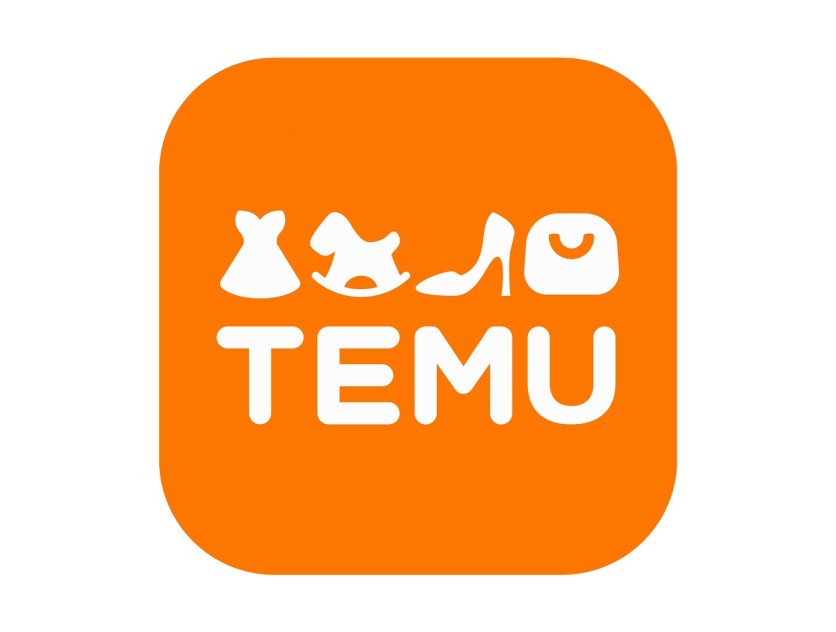
Shopping's top priority will never change. It will always be getting the best item for less. Even if the world quickly shifts toward e-commerce, that goal remains the same. Thus, e-commerce platforms compete not only for virtual space and exposure but also for affordable quality products to offer.
However, not all online platforms can source quality products globally and sell them for less. This is possible with Temu, a new yet rising e-commerce platform, because of its Next-Gen Manufacturing model.
What is Temu?

Before we proceed with how Temu made shopping for less with global brands possible, let's talk about Temu and what made it so popular with consumers in the US.
Temu (pronounced as tee-moo) means "Team Up, Price Down." Team Up refers to the platform's mission to leverage economies of scale to drive down consumer prices.
Temu was founded in Boston, Massachusetts, in 2022 and has quickly gathered momentum to become a popular online shopping platform. Temu is backed by a Nasdaq-listed multinational commerce group with a global network of suppliers and manufacturers, enabling Temu to source the best products for the lowest price. Temu taps into this global roster to deliver near-wholesale prices for quality products to consumers.
It currently works with reliable international package carriers, including USPS, FedEx, and UPS for its logistics fulfillment. This ensures that Temu's deliveries are secure and prompt with the help of order tracking. Though the shipping time frame varies due to differing shipping locations worldwide, the popular e-commerce platform ensures that products will reach your doorstep safely and in good condition.
With 3.58 stars out of 403 reviews on Sitejabber, customers have praised it for reliable shipping, fuss-free returns, and good product quality.
Here is its famous Super Bowl ad for every customer who wants to shop like a billionaire in Temu:
What is Temu's Next-Gen Manufacturing Model?
Having a deep bench of global suppliers and manufacturers is only one part of the Temu equation. The other more important part is Temu's application of an innovative and effective business model it calls "Next-Gen Manufacturing," or NGM, which turns consumer insights into hit products.
As its name suggests, NGM is a next-generation business model that shifts the focus of retail from manufacturers to consumers. Whereas before, consumers were passive receivers in the manufacturing-retail industry, to be marketed to and convinced to buy one's products. NGM reimagines the relationship and emphasizes consumers directing what they want and need from manufacturers.
In the traditional retail model, customer feedback is sporadic, often lost in translation if channeled to manufacturers. Consumers simply choose from the available merchandise produced by manufacturers, who make these merchandise based on market research or gut feel. The product development cycle is long, and a product takes a long time to reach the market, having to go through intermediaries and other middlemen, by which time they may no longer be in demand.
NGM improves upon this process by providing direct real-time communication between manufacturers and consumers through the platform, helping manufacturers tailor their production based on consumer demands. It also eliminates the lag time due to all the go-betweens that make product distribution tedious, time-consuming, and costly.
This innovative model used by Temu helps manufacturers understand what would sell best, resulting in more accurate demand forecasting, lessening the chances of over or undersupply, and cutting costs at the most crucial expenses in production and delivery. All these boil down to a more efficient manufacturing that can help the manufacturer pass the savings in production cost to the consumers.
Aside from the manufacturers, the consumers will also benefit from this Next-Gen Manufacturing model, as products will be based on consumer needs, leading to more customized and personalized products. This, in turn, lowers marketing spending as the products are already tailored to consumer needs.
All in all, the NGM model can deliver cost savings in excess of 50% compared to traditional models, which can then be passed on to consumers in the form of lower prices. Removing hidden costs in the manufacturing and distribution chains and lowering costs related to wasteful production and unsold inventory are also significantly reduced.

Next-Gen Manufacturing is the Future
With Gen Z becoming the main engine for consumption, the future of manufacturing is understandably focused on customization, sustainability, and social responsibility-values dear to this generation of consumers.
Since Next-Gen Manufacturing centers on consumer demands, e-commerce will become more responsive to consumer needs and foster inclusivity and diversity that begins from design to delivery. Manufacturers will also prioritize sustainable and eco-friendly materials based on individual consumer preferences.
NGM may represent the future of e-commerce, which is more targeted, precise, and tailored to individual needs. By stripping out the costs of inefficiency and inaccuracies, Temu can drive costs lower, benefiting both manufacturers and consumers. NGM thus opens new opportunities for innovation, collaboration, and efficiency and empowers both buyer and seller.
ⓒ 2025 TECHTIMES.com All rights reserved. Do not reproduce without permission.




